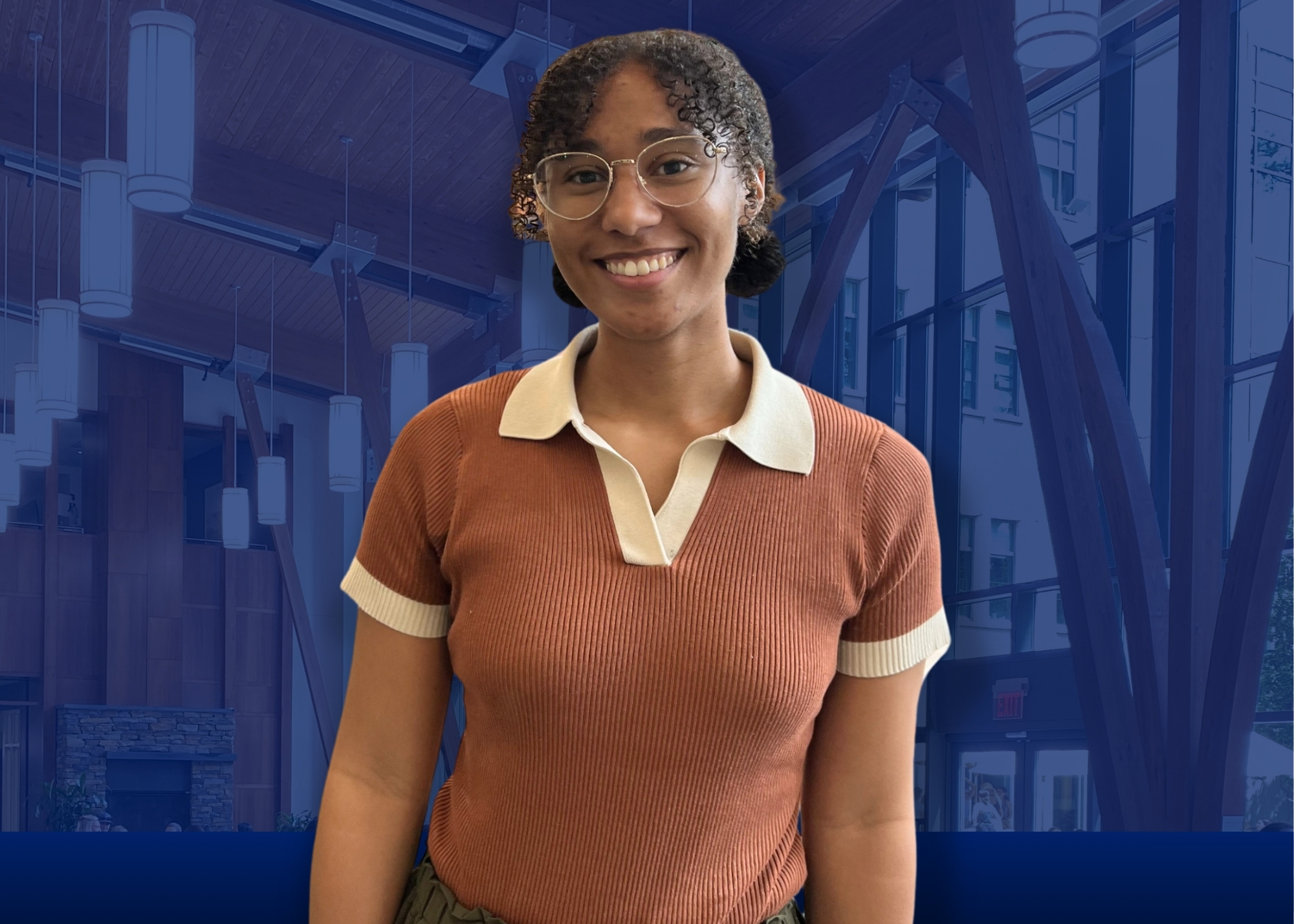Graduating Nursing Student Aspires to Career in Global Health
After graduating in December 2024, Olivia Obeng will seek opportunities in public and global health.

Inspired by a college course in cultural psychology, Olivia Obeng knew that she wanted to help people of every background and circumstance. After her professor suggested that she become a nurse, Obeng eventually made her way to Duke University School of Nursing, where she will graduate with her ABSN degree in December 2024.
Obeng said that she chose Duke School of Nursing because of its focus on global health and cultural competency, building on her prior experiences in humanitarian and international work.
“I tend to live and work in very nationally and culturally diverse settings and wanted that to be at the core of my nursing education,” said Obeng. “Duke really stood out as not only having these qualities, but also having a lot of program and mentorship opportunities that would help me cater my nursing degree to my end goals of working in public or global health.”
While Obeng has at times been challenged by her nursing education, she says that she has been helped by faculty, who are not only “down-to-earth” but have modeled how to care for and about patients.
“I’ve found myself time and time again talking with someone on campus or at an event, only to learn later that they are world-renowned for their specialty,” said Obeng. “The entire time, the only thing I felt from these people was a genuine interest in me, my passions, and my potential. These are the same people that help empower me to see that potential and work with me to get there.”
Beyond preparing students for their licensure examinations, the School of Nursing provides in-person labs and intensives where students can learn first-hand how to engage with patients. According to Obeng, these opportunities provide students with an understanding of where patients come from, how to care for them effectively, and how to set them up for the best recovery afterwards.
“We’ve practiced how to redirect and show compassion to those with dementia, how to empathize with patients dealing with schizophrenia, putting ourselves into how complex and exhausting it is to live and work every day to have enough resources, and so much more,” said Obeng.
Obeng is a Mobile Prevention and Care Team (M-PACT) Scholar, which has allowed her to work with underserved populations, such as refugees or people dealing with substance addictions. She also received funding from the Office of Global and Community Health Initiatives (OGACHI) to support an ABSN Global Clinical Immersion Experience in Tanzania.
As she concludes her time at the School of Nursing, Obeng hopes to work with nonprofits in global or public health, and then gain experience in pediatric critical care.
“Eventually, my dream is to merge my passions and work in program design, research, or education in rural United States or abroad, helping to empower health leaders of their own communities,” said Obeng.